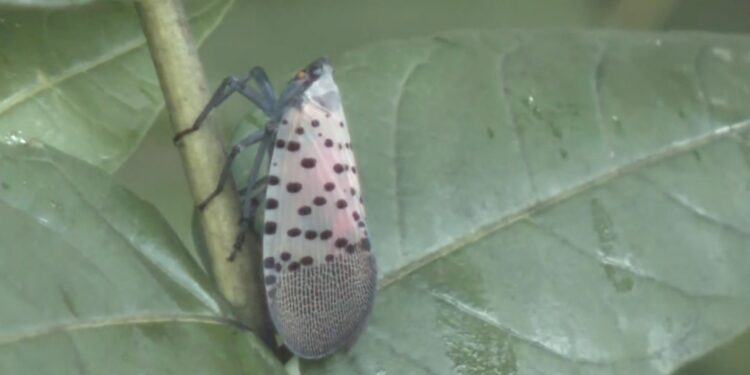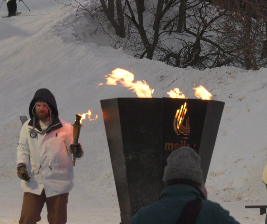LANSING, Mich. (WZMQ) – For the first time since 2022, Michigan’s Department of Agriculture and Rural Development (MDARD) has reported sightings of the Spotted Lantern Fly. The department is now pushing to minimize the spread by educating those enjoying the outdoors.
Summer is the most common time of year for invasive plants and insects to spread, and once they become established, the work to remove them and restore natural systems can be costly and time-consuming.
Susie Iott is an Invasive Species Specialist with the MDARD. She said the easiest solution to the problem is prevention.
Invasive plants and seeds can be caught easily on outdoor gear. Iott said to clean your gear, pets, and vehicles after every trip. For boaters: pull all plugs, drain water, and remove plants and debris. Lastly, If you’re fishing while on the water, clean your gear after use and never dump bait.
She said the most common way they spread though, is when moving firewood.
”In the case of spotted lantern flies, they will lay eggs really on anything. So it can be spread very easily recreationally,” Iott said. “It’s actually really surprising how much can be moved on firewood. Even though you might not be able to visually see it, because sometimes these things are so small that they’re not visible to the naked eye.”
Over 140 different species can be transported on firewood. Iott said the best rule to follow is ‘burn it where you buy it’. Firewood should never be moved outside of the county where it was bought, to prevent spreading undetectable eggs or spores. She said that if you have any potential sighting, to always report any suspicious insects, plants, or animals.
“We’d rather have someone report something and have it turn out to not be a big deal and then not report something that, you know we are concerned about,” Iott said. “Invasive species come and if it’s able to establish it can have an impact and threaten endangered species.”
MDARD has a guide to identify and report invasive plants and animals at michigan.gov/invasives










